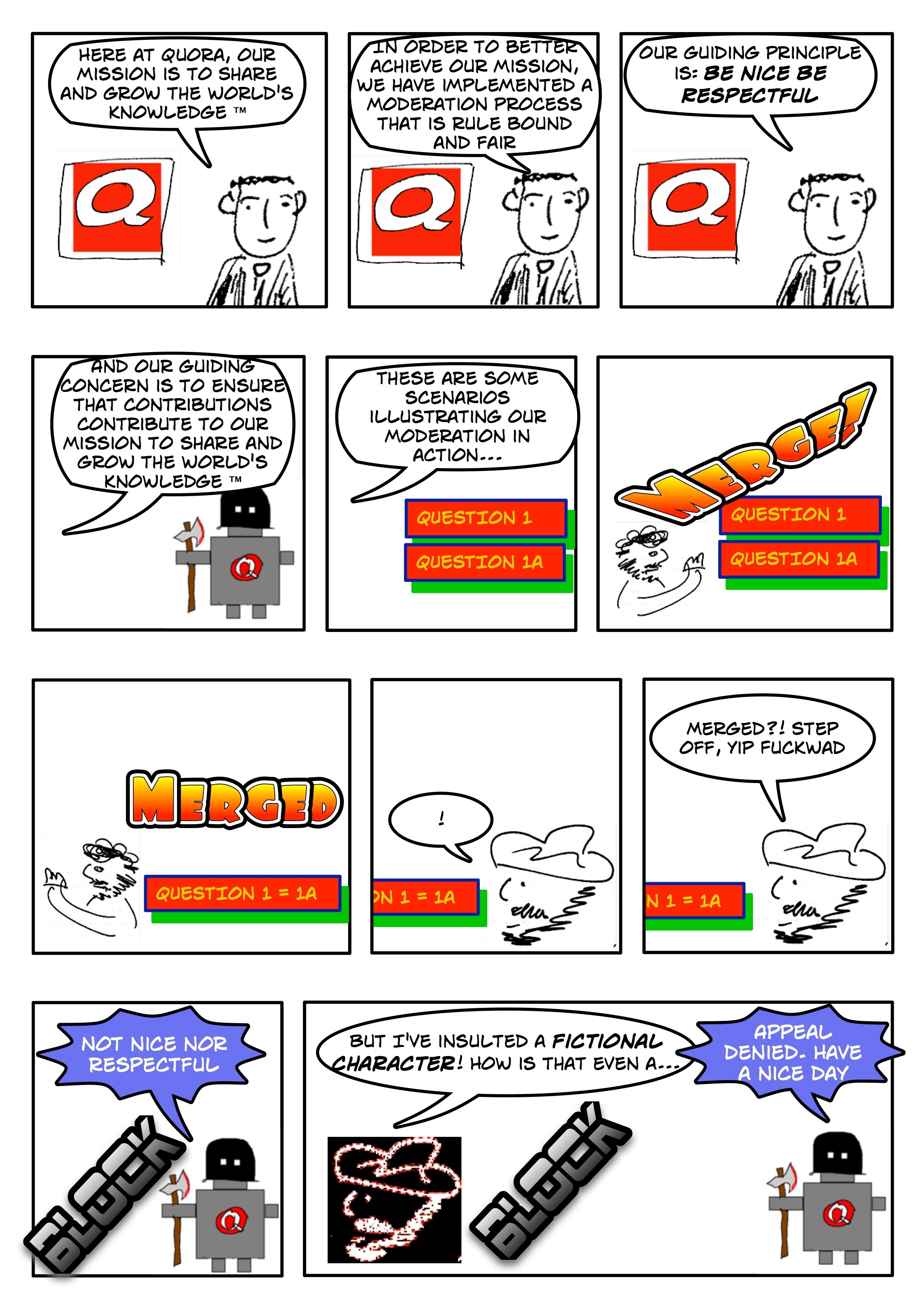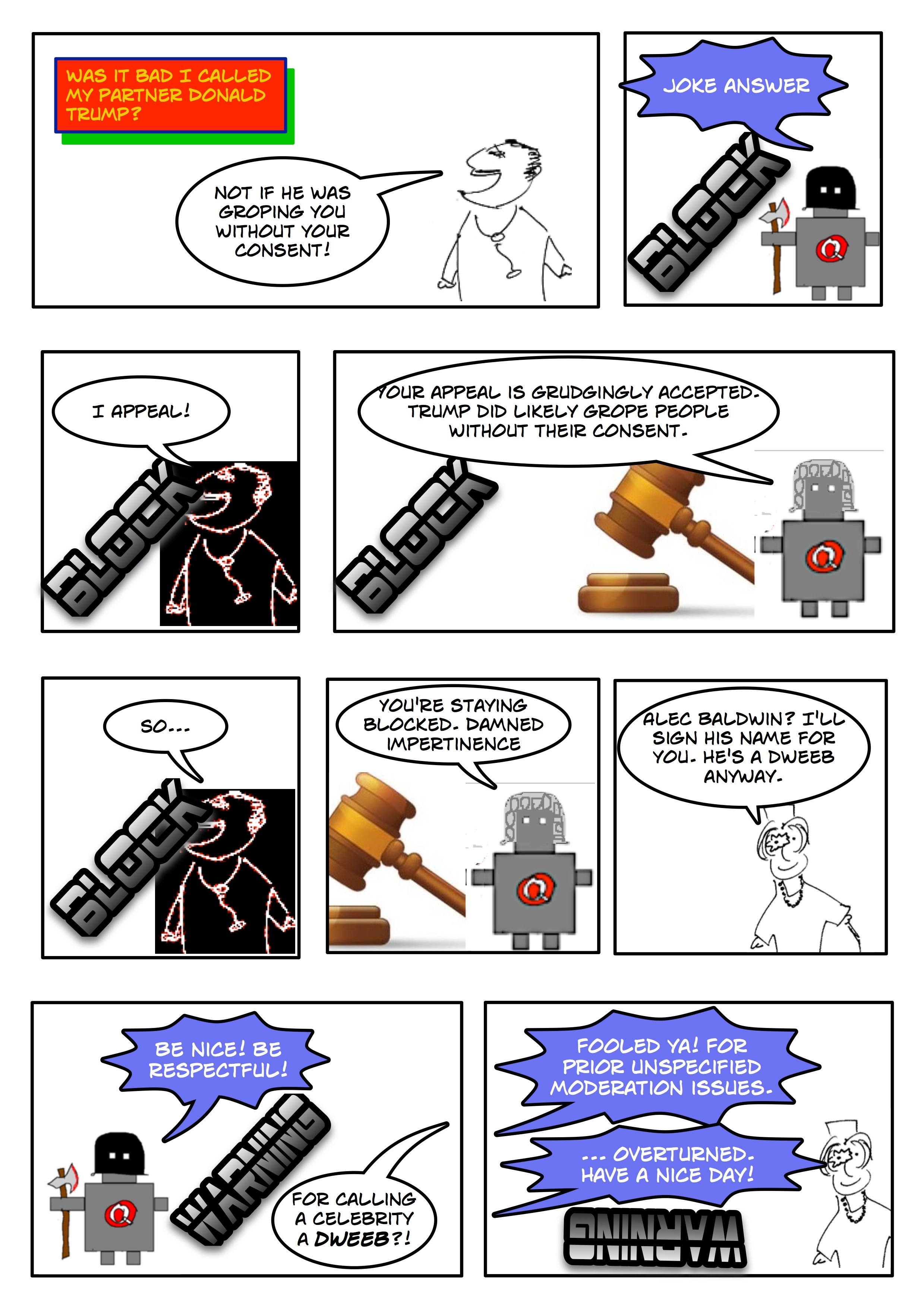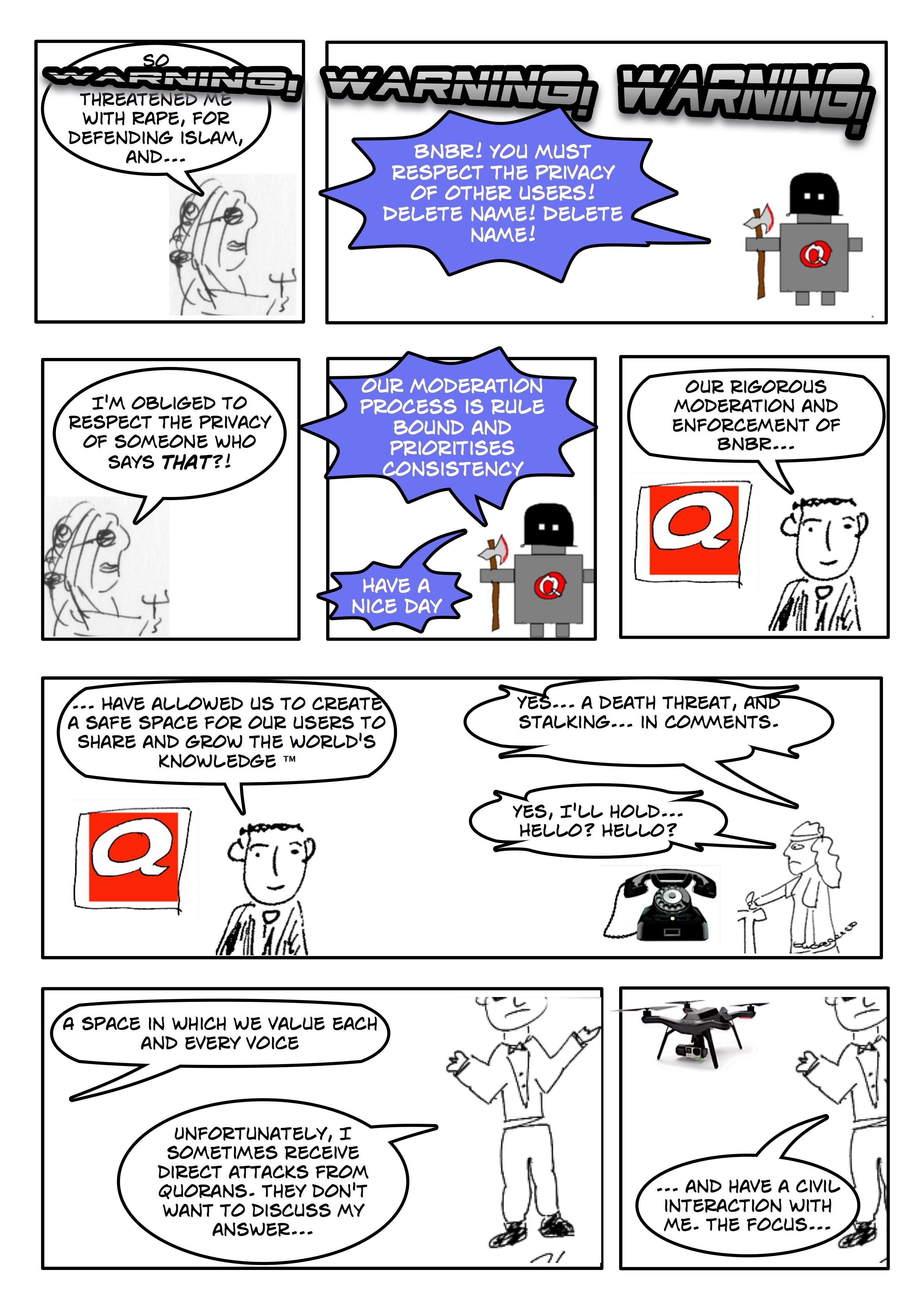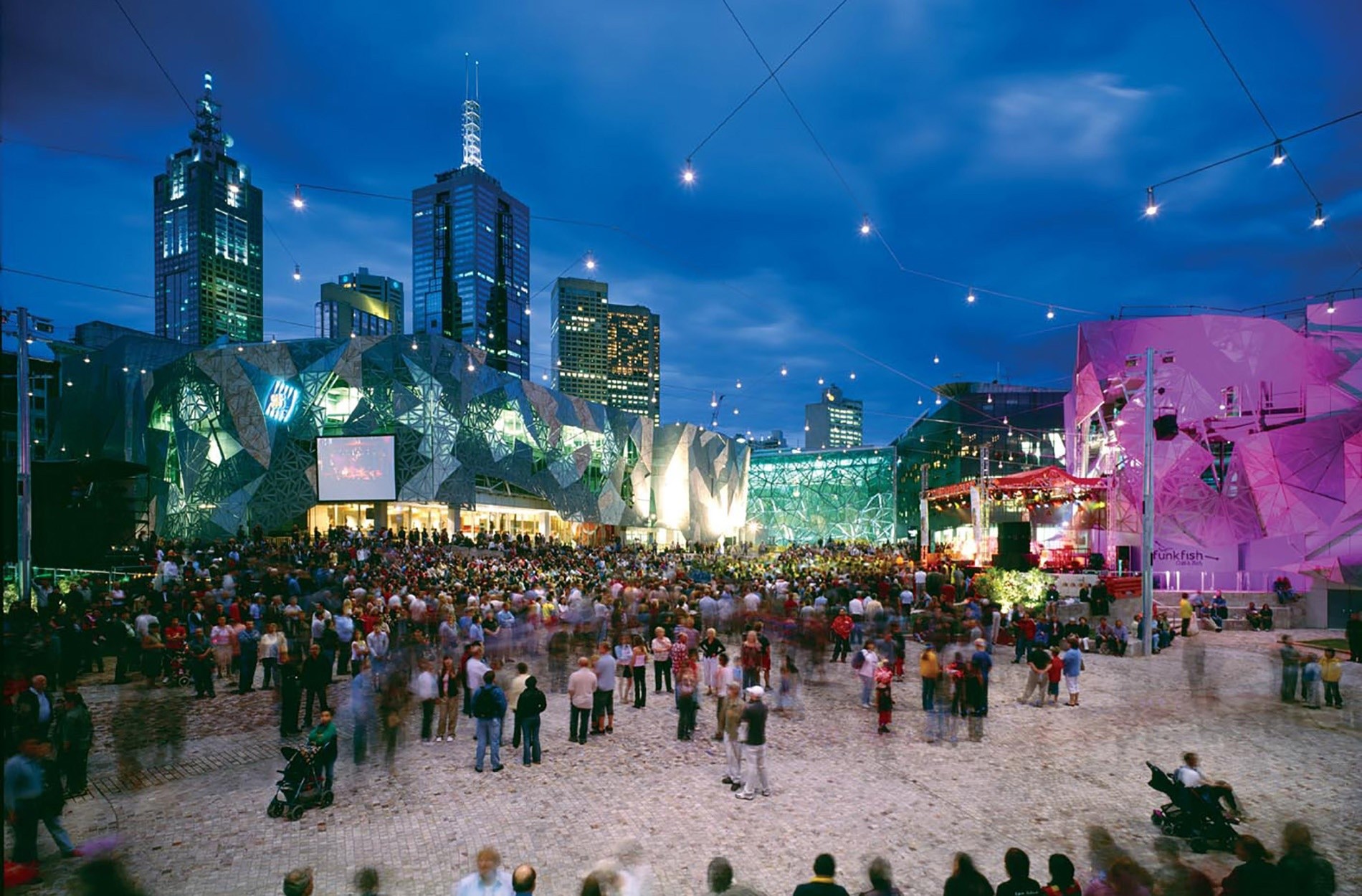I’m OP, and the question isn’t mine. The question in details is my third cousin’s, Manny Sfendourakis’. Let me explain his question, and then go to the more general answer.
The Nicene Creed refers to the Christian Church as “one holy, Catholic and Apostolic Church”. Catholic back then meant just Universal. Of course, you call the Church Universal only when people start disputing that it is Universal: the phrase was added in the First Council of Constantinople, in 381, as part of the pushback against Arianism. Its association with the Catholic Church is much later.
Church cantors in Greek Orthodox churches in Australia have been reciting the Creed in English for some years now. As you can well imagine, Catholic sticks in their craw. In Greek, there’s not much they can do about it: Εἰς μίαν, ἁγίαν, καθολικὴν καὶ ἀποστολικὴν Ἐκκλησίαν.
They could have done something about it in the 17th century, when the Roman Catholics were called katólikos (from Italian catolico). But it’s more important now that Greeks use ancient-looking words, even if that does mean that Greeks end up calling the Catholics the Universal Church. So kaθolikós it is, for both meanings.
In Australia, though, some cantors have decided they can do something about it. When they read the Creed out in English, they call it One Holy Cathólic and Apostólic Church. And they defend this as the true pronunciation.
Manny has a third cousin who’s a linguist, so he thought he’d ask…
Both Latin and Greek have adjectives ending in –icus / –ikos. Adjectives ending in –ikos in Greek came into English via Latin; so the accent of katholikós in Greek is irrelevant. Besides, the accent of katholikós is on a syllable that isnʼt even there in English: catholic[os].
So what matters is what the accent is in Latin. And the accent in Latin is on the antepenult (third last syllable): geográphicus, mathemáticus, comédicus. The accent in words English took from Latin, during the great influx of the Renaissance, followed suit: geográphic, mathemátics, comédic.
So… cathólic, right?
No.
The Renaissance was not the only time that Latin adjectives ending in –icus came into English. A few such adjectives came into English rather earlier, in Middle English. And when they did, they came via French.
Now, Middle French was not the Pepe le Pew language it is now. Not as many nasals, not as many silent vowels, not as many, I dunno, French things about it.
But it did already have one Pepe le Pew characteristic. All its words were already accented on the final syllable.
C’est magnifíque, non?
Alors, on étude la rhetorIque, et l’arismetIque, et on n’est pas un heretIque, que serait une chose lunatIque, comme si on boit du arsenIque. Mais non, on est un bon catholIque.
And like all French words in Middle English, those French words were originally accented Pepe le Pew style, on their final syllable, with a secondary (weaker) accent on the antepenult.
Rhètoríke, àrsmetíke, hèretíke, lùnatíke, àrseníke, càtholíke.
But English didn’t particularly like sounding all Pepe le Pew. So eventually, the secondary accent became the primary accent:
Rhétorick, ársmetick, héretick, lúnatick, ársenick, cátholick.
Arsmetick? Oh yeah. Once the Renaissance happened, they realised they were missing a -th- in the word. So aríthmetic. But the word was still accented the un-French way, rather than being updated to be accented like Latin.
So, if a word ending in -ic is accented on the antepenult, then it came in during Middle English, via French. If it is accented on the penult, it came in during Early Modern English, straight from Latin.
In fact, you can have the one word split up two ways. Arithmetic is accented like it came from French. An arithmétic mean, on the other hand, is accented like it came straight from Latin. The adjectival meaning of arithmétic is a more recent coinage. And of course, it is subject to analogy with other adjectives, such as geométric or logaríthmic mean.
So, if England in the Renaissance was full of people that “one holy, Catholic and Apostolic Church” stuck in their craw, it could have happened that the old un-French accent would have been retained (fittingly) for the Roman Catholic church, and the new Latin accent Cathólic would be fit to the more learnèd meaning of Universal.
But that didn’t happen. Because, well, because random, and because precedent. The only people I know of that say Cathólic are Greek cantors. It hasn’t happened, and there isn’t the precedent for it now, and there’s not enough Greek cantors in the English-speaking world to establish precedent.







